The Goodwill store is crazy busy—there’s a storewide half-off sale today. The checkout lines stretch from here to next Sunday. My husband Dave saunters over. I signal I’m ready to go.
Dave gestures behind him. “See that man way over there, next to the guy in the red coat?”
I scan the crowd.
“He’s in the far checkout lane, towards the back.”
“White shirt and bow tie? College age?”
“That’s him. I was walking past and he stopped me. Said, ‘You spoke in my social work class last semester. I want to thank you. You changed my life.’”
“Really?” I take another look. “How cool. Great. I’m glad he said something to you.”
“That’s for you, too. For both of us. We both would have spoken to that class.”
Dave’s right. We’re often asked to address social work and psychology classes at area colleges and universities. We go as the featured couple or as co-participants in panel discussions. We tell our coming out stories. We talk about what it is for us to be gay in this time and place. We answer questions. Any more, students are generally receptive.
“I wonder which class it was,” I say. “I don’t recognize him. I wonder what he heard that made such an impact. I think you should go over and ask him to elaborate.”
To my surprise, Dave agrees. He’s bolder than I and more socially adept. I tag along. He taps the young man on the shoulder. “We were wondering: could you say a little more about your story?”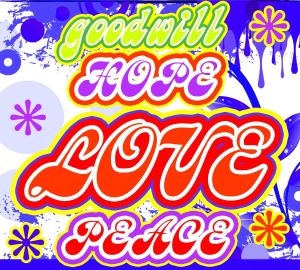
Joe College obliges, and as he starts talking I’m able to place him: The Man With the Crotch. Drop-dead gorgeous, dark eyes, Adonis face, olive shirt unzipped to offer a tantalizing glimpse of his chest, tight red jeans, stylish leather shoes. Devastatingly handsome. I wanted to spend the entire period looking—no, gawking—at him. I restrained myself. Whenever I addressed the class I avoided looking his way for fear I’d babble. Not easy to do. He sat directly in front of me, legs spread wide. When I wasn’t talking, I looked down. At his crotch.
After class, Dave and I compared notes.
“He’s so cute.” (We both knew who I was talking about.)
“Adorable. I just wanted to stare at him.”
“Me, too. In fact, I did stare. At his crotch.”
“Do you think he’s gay?”
We thought we’d never really know, but here we are, getting it straight from the source.
Not that it’s been easy for him. He grew up in foster care, was told to hide his sexual orientation—“otherwise you’ll never be adopted.”
Indeed, his family of origin severed all ties with him when they learned he’s gay, booted him back into the foster care system. Eventually the couple he calls his grandparents adopted him.
“And they’re fine with my being gay. They love me, as do my amazing friends.” He turns and points to a motley crew of students behind him. They look our way and grin. They’re a diverse lot—race, gender, body type. All friendly.
Good. He surrounds himself with supportive people.
He says what meant so much to him when we spoke in class was the obvious love Dave and I share. “I was right there with you, crying when you cried, listening to every word, seeing two men who really love each other. You guys changed my life.”
My mind flashes to Bob and Bruce, Larry and Larry. Early in our coming out Dave and I saw seperately in these two couples proof positive that long-term gay relationships do exist and can be richly rewarding. Knowing this gave us something to shoot for, confidence we could.
I hope that’s where Joe College is now—buoyed by hope, poised to call into being then will into reality a love-filled life.
“Can I hug you guys?” he asks.
Zowie.


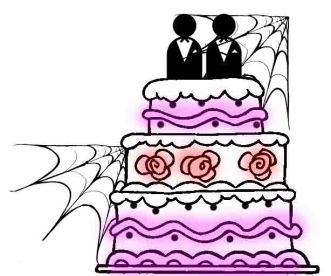
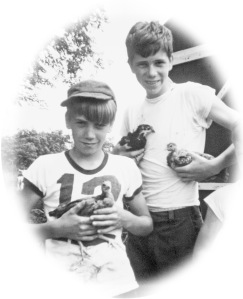
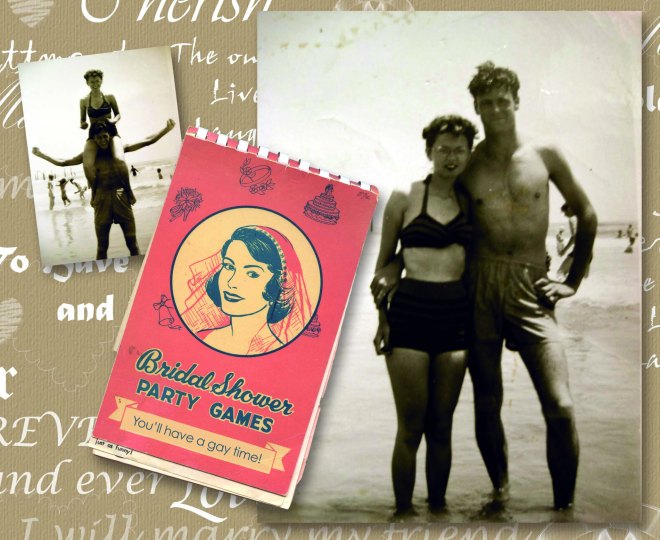


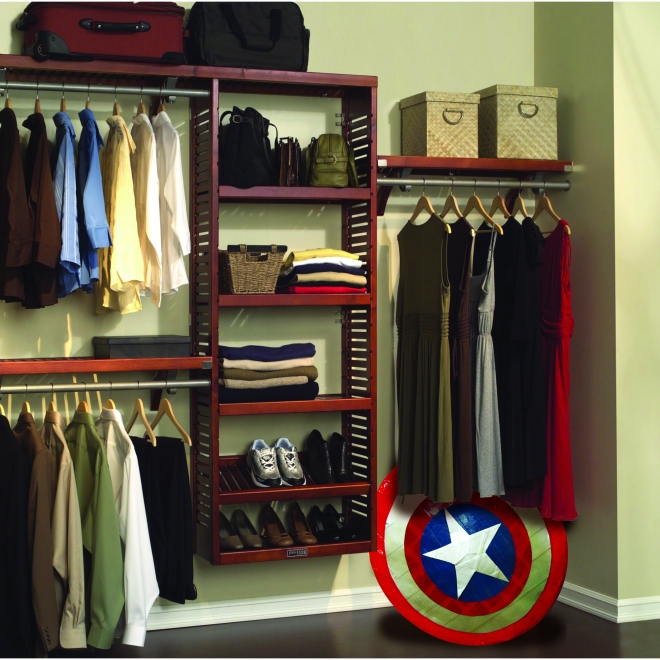
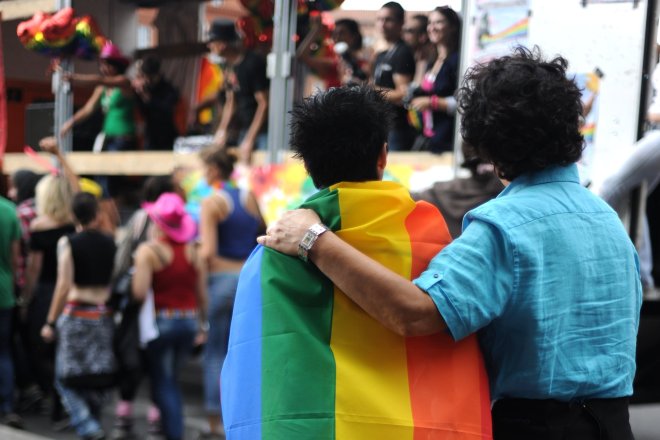
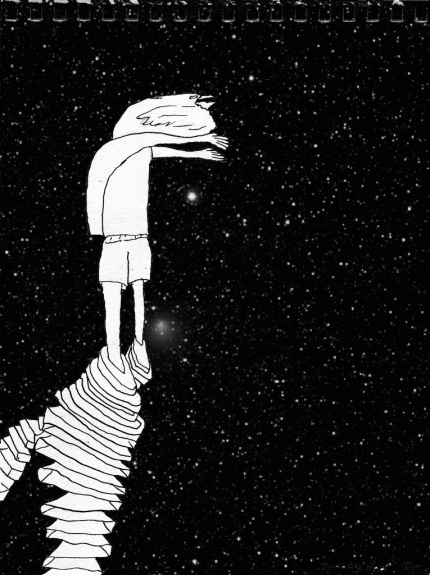 I did.
I did.